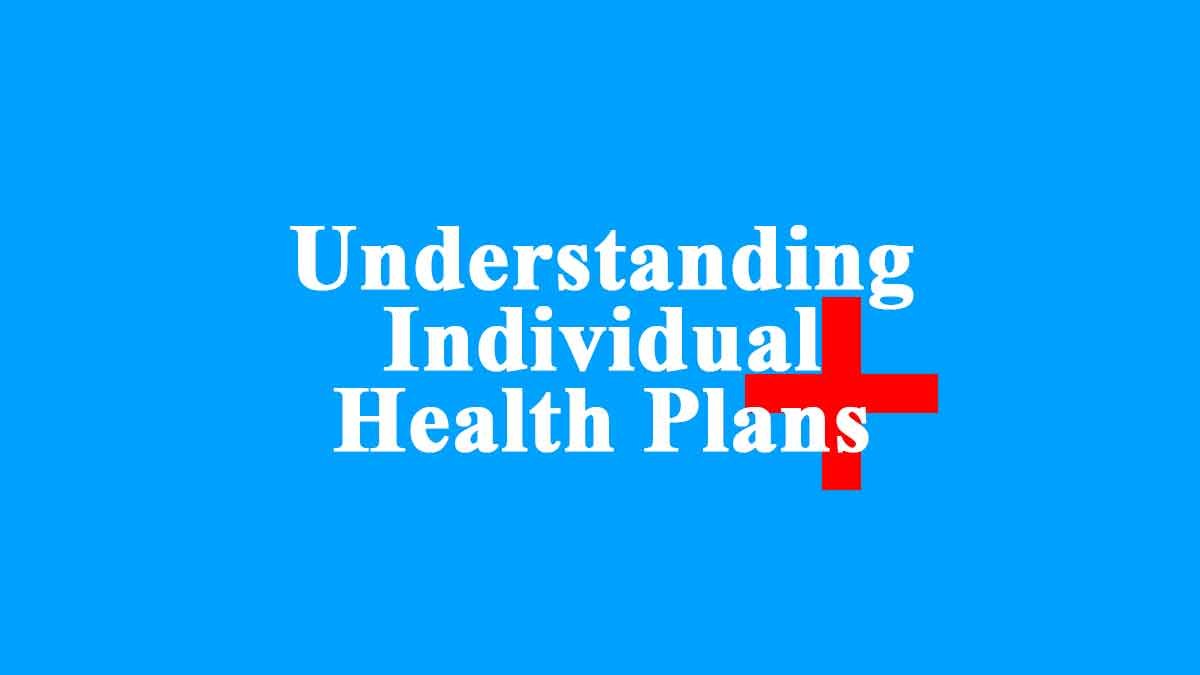Workers’ Compensation Insurance: Your Shield Against Workplace Injuries
As a worker, you dedicate your energy and skills to your job. But what happens if, in the unfortunate turn of events, you get injured at work? Could a broken arm or back mean financial ruin on top of physical pain?
Thankfully, workers’ compensation insurance exists as a safety net, protecting you from the financial burden of work-related injuries and illnesses.
Table of Contents
What Is Workers’ Compensation?
Workers’ compensation, often abbreviated as workers’ comp, is a mandatory insurance program in most states throughout the USA. It provides benefits to employees who suffer injuries or illnesses arising from their job duties.
This ensures injured workers receive medical care, wage replacement, and other necessary support without having to sue their employers.
How Does Workers’ Compensation Work?
Here’s a breakdown of the basic process:
- 1. Injury or Illness: If you get injured or develop an illness due to your work, notify your employer immediately.
- 2. Medical Care: Workers’ comp covers necessary medical treatment, including surgeries, physical therapy, and medication.
- 3. Wage Replacement: You receive a portion of your lost wages while you recover, generally two-thirds of your average weekly pay.
- 4. Disability: If your injury results in permanent disability, you may receive ongoing benefits based on the severity of your disability.
- 5. Return to Work: Workers’ comp encourages rehabilitation and helps you return to work safely when possible.
What Does Workers’ Compensation Cover?
Workers’ comp covers a wide range of work-related injuries and illnesses, including:
- Physical injuries: Fractures, cuts, sprains, burns, concussions, etc.
- Occupational diseases: Repetitive stress injuries, hearing loss, carpal tunnel syndrome, respiratory illnesses, etc.
- Mental health conditions: PTSD, anxiety, depression related to work stress or traumatic events.
- Death benefits: Compensation to your family if you die from a work-related injury or illness.
What Is Not Covered by Workers’ Comp?
It’s important to understand that workers’ comp has limitations:
- Intentional injuries: Self-inflicted injuries or those caused by intoxication are not covered.
- Normal wear and tear: Injuries or illnesses not related to specific work activities are excluded.
- Third-party claims: If someone other than your employer is solely responsible for your injury, your claim may fall under different systems.
Workers’ Compensation Laws by State
While the core principles of workers’ comp are consistent across the USA, specific laws and benefits vary from state to state. This includes details like wage replacement percentages, disability benefits duration, and coverage for certain illnesses. You can find detailed information about your state’s workers’ comp program through your state’s labor department website.
Who Is Required to Carry Workers’ Compensation Insurance?
In most states, all employers with a certain number of employees are required to carry workers’ compensation insurance. The minimum number of employees varies, typically ranging from one to four. Some states also have exceptions for specific industries or types of work. If you’re unsure whether your employer is required to carry workers’ comp, consult your state’s labor department.
5 FAQs about Workers’ Compensation:
Do I need a lawyer to file a workers’ comp claim?
While not mandatory, consulting a lawyer specializing in workers’ comp can be beneficial, especially if your claim is complex or contested.
What happens if my employer denies my claim?
You have the right to appeal a denied claim through your state’s workers’ compensation board.
Can I sue my employer if I have workers’ comp?
Generally, workers’ comp is your exclusive remedy for work-related injuries. However, there may be exceptions in rare cases.
How long do I have to file a workers’ comp claim?
Filing deadlines vary by state, typically ranging from several days to a few years after the injury or illness.
How can I prevent work-related injuries?
Following safety protocols, reporting hazards, and using proper equipment can significantly reduce your risk of injury.
Remember, knowing your rights and understanding workers’ compensation is crucial to protecting yourself in case of a work-related injury. Don’t hesitate to reach out to your employer, state labor department, or consult with a lawyer





